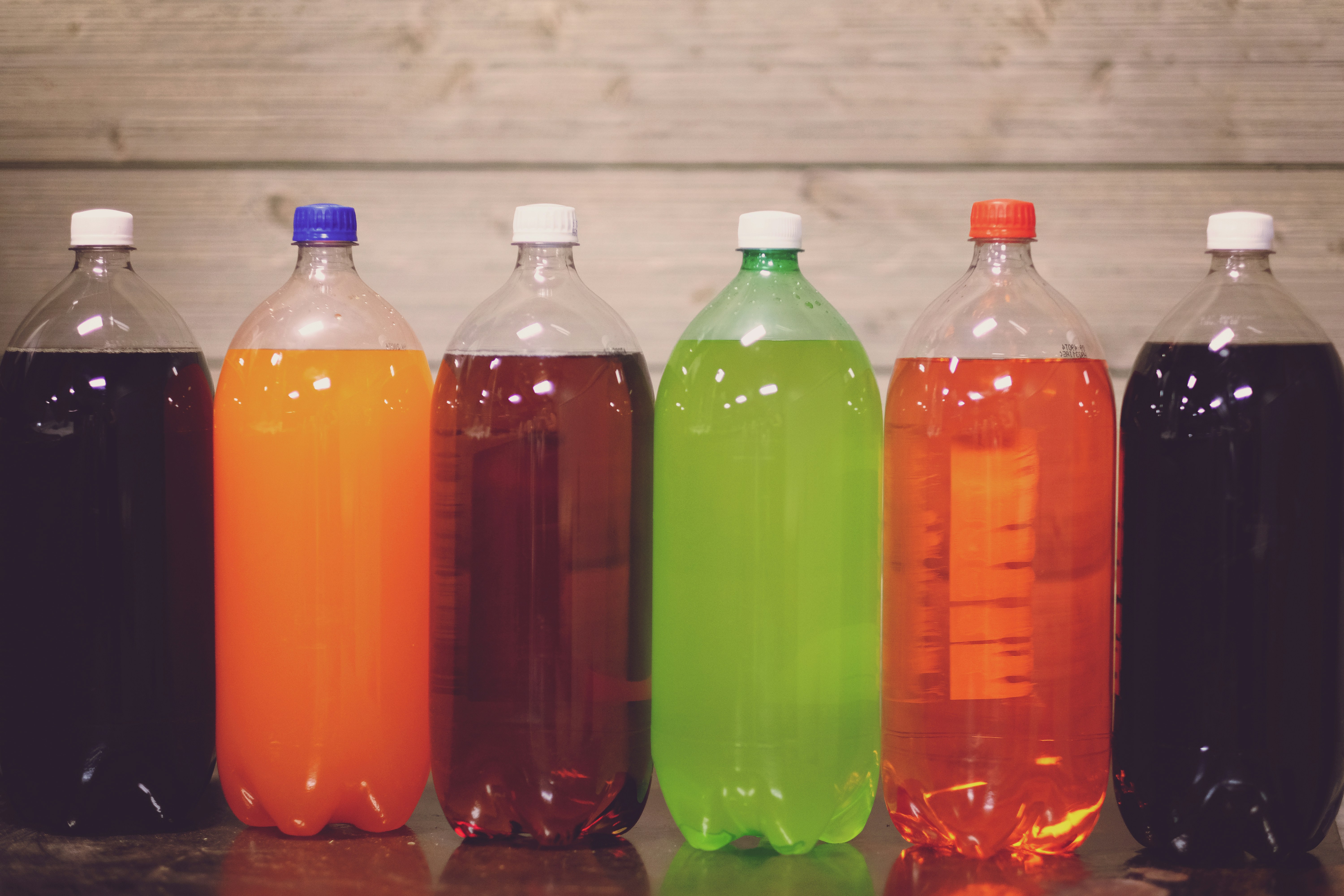EU Commission Launches Consultation on New Rules for Chemically-Recycled Content in Plastic Bottles

Photo by Amanda Shepherd on Unsplash
According to a recent report by the European Commission, the EU body has opened a public consultation on new rules aimed at standardizing the calculation, verification, and reporting of recycled content in single-use plastic (SUP) beverage bottles, with a particular emphasis on chemically-recycled materials.
As per the Commission’s announcement, the adoption of these new rules will pave the way for the inclusion of chemical recycling in the European Union’s waste management system. By incentivizing investments in innovative recycling technologies, the rules are expected to boost the competitiveness of both the EU’s chemical industry and the manufacturers that rely on plastics. This initiative is part of broader efforts to establish Europe as a global leader in sustainable innovation.
The Commission highlighted that the new rules would benefit the environment by encouraging producers to reuse plastic waste rather than resorting to harmful practices such as landfill disposal, incineration, or littering. The move aligns with the EU’s ongoing efforts to address the growing plastic waste problem by improving waste collection, sorting, and recycling processes.
These regulations are also linked to the new EU Action Plan for the Chemicals Industry, which aims to strengthen the sector’s competitiveness and guide its transition toward safer, more sustainable, and innovative chemical production.
The Role of Chemical Recycling in the EU’s Waste Strategy
As reported by the Commission, the EU is facing an increasing volume of plastic waste, which has underscored the urgent need for effective recycling solutions. While mechanical recycling is generally preferred due to its lower environmental impact and energy efficiency, chemical recycling offers a valuable alternative when mechanical methods are not sufficient or when higher standards are required, such as in food-grade packaging.
The proposed rules will establish a clear methodology for calculating chemically-recycled content in new plastic bottles, ensuring consistency across the industry. The approach follows the “fuel-use excluded” rule, meaning that any waste used for fuel production or energy recovery cannot be counted as recycled content, in accordance with the Waste Framework Directive.
Simplified Requirements for Small Businesses
According to the Commission’s guidelines, smaller businesses will face lighter verification requirements, with checks only required every three years. In contrast, larger companies will need to submit annual third-party verification, particularly during the more complex stages of chemical recycling. National authorities are expected to conduct risk-based inspections to ensure compliance.
The new regulations are significant as they mark the first time that the EU has established rules for chemically-recycled content in plastic products. The methodology will serve as a model for future regulations in other sectors, such as packaging, automotive, and textiles. The goal is to offer long-term investment security for stakeholders and create a stable market for chemical recycling technologies.
Stakeholders are invited to share their feedback on the proposed rules via the EU’s “Have Your Say” portal by August 19, as per the Commission’s official announcement. After a thorough review of the feedback, the Commission plans to submit the final draft to a technical committee consisting of EU member state representatives for a vote. Adoption of the rules is anticipated in the fall of 2025.
Source: European Commission






